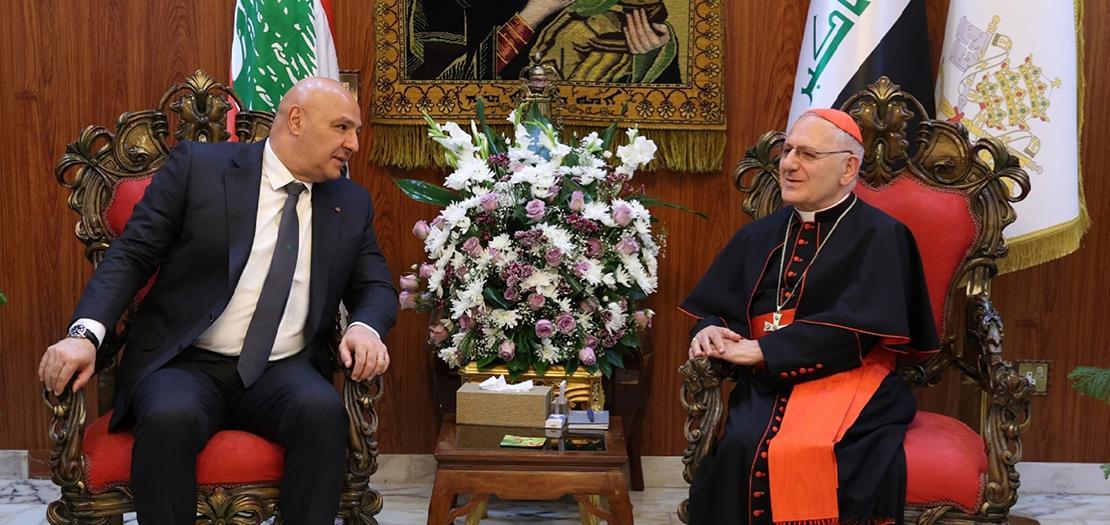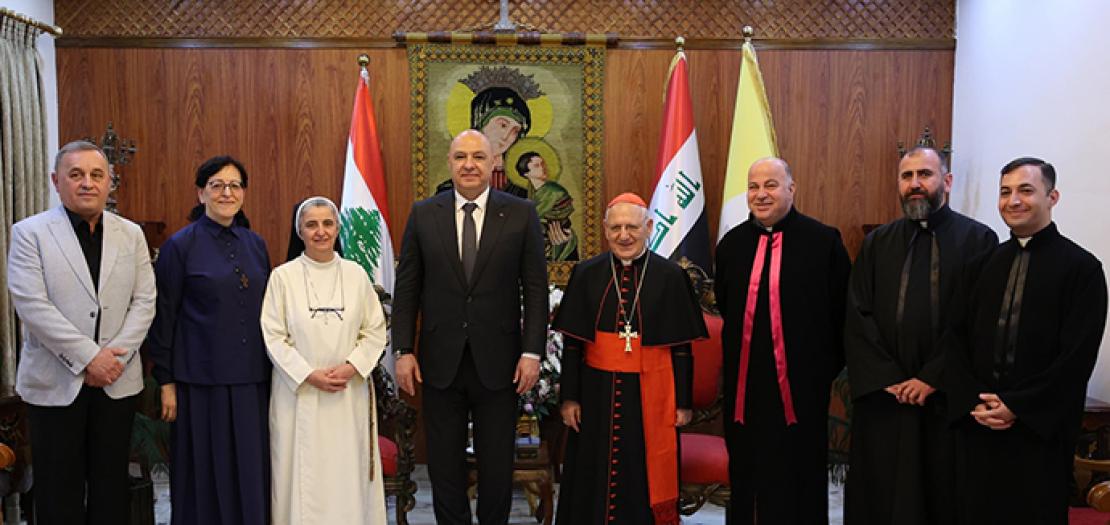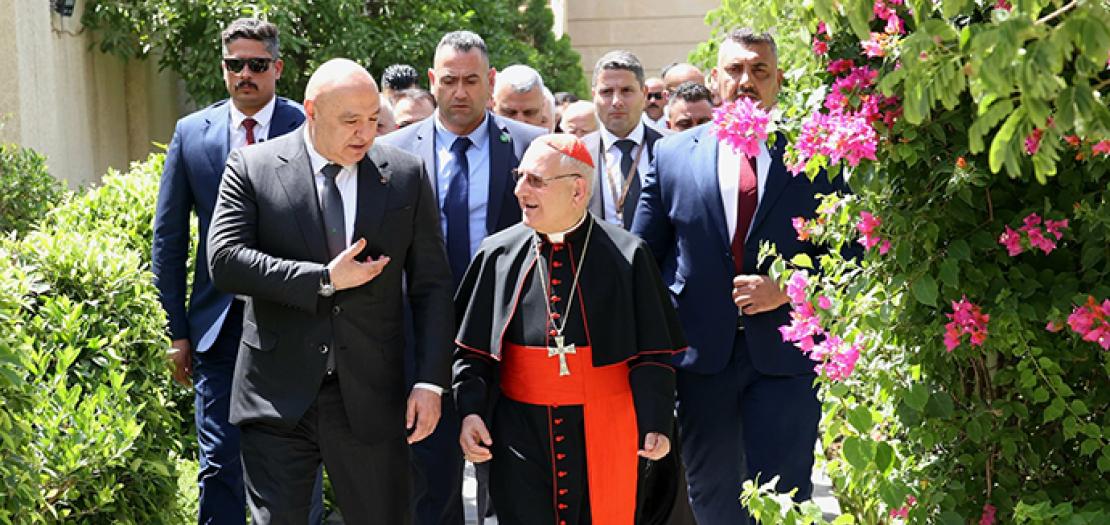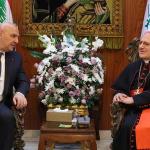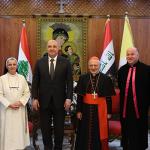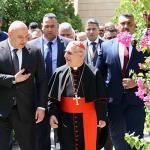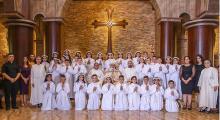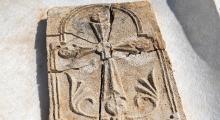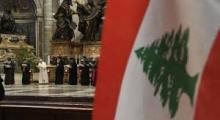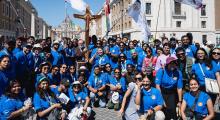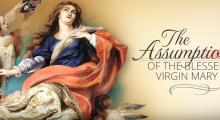Issued by the Catholic Center for Studies and Media - Jordan. Editor-in-chief Fr. Rif'at Bader - موقع أبونا abouna.org
Lebanese President General Joseph Aoun has concluded his official visit to Iraq by meeting with Chaldean Catholic Patriarch of Iraq and the World, Louis Raphael I Sako at the Patriarchate headquarters in Baghdad.
The meeting was held in the presence of members of the accompanying Lebanese delegation, during which talks centered on the situation of the Chaldean community in both Iraq and Lebanon, the role it plays in preserving spiritual and cultural diversity in the region, and the affairs of the Lebanese and Iraqi communities in both countries.
Patriarch Sako expressed his optimism towards Lebanon's return to normalcy after the crises it has experienced, expressing his support for the goals set by President Aoun for the country's advancement since his election as President of the Republic, particularly in terms of restricting arms to the state, combating corruption, and confronting terrorism.
"We hope you will restore Lebanon's former glory, for Lebanon is a model to be followed, and we have all hope in the new state and government," the Patriarch added as he addressed the president.
Touching on the dangers of sectarian fanaticism and extremist rhetoric that have even infiltrated into universities, fueled by the witnessed circumstances, Sako emphasized that "terrorists and fanatics have nothing to do with religion, whether Christian or Muslim, as faith in God contradicts all such practices." He recalled one of his visits to Grand Ayatollah Sistani, who stressed that terrorism and corruption are among the taboos.
Patriarch Sako called for "strengthening the Christian presence in the Middle East and providing a nurturing environment conducive to this goal through moral and political support," adding that this is what he felt on part of the new Pope, Leo XIV.
President Aoun, in turn, thanked Patriarch Sako for his warm welcome and highlighted the importance of this patriarchal edifice.
"The state is the one that protects sects, not the other way around," Aoun asserted, emphasizing "the importance of pluralism and the preservation of liberties, but only under the umbrella of the state," adding, "Differences are permitted, but not discord."
Aoun underlined the significance of religious diversity and its richness in Lebanon, and the added value it can offer to interaction and coexistence between religions and peoples.
He then spoke about Lebanon's experience with terrorism and the victory it achieved over ISIS, calling for "maintaining vigilance and caution against this organization and all terrorist and criminal organizations to prevent their return and expansion."
President Aoun stressed that "the state's fight against corruption has begun, and nothing is impossible as long as there is will."
He also shed light on the dangers facing societies, including drugs, which have ravaged families and become widespread and accessible to all social classes, poor and rich, causing devastation to families and tearing societies apart.
In this context, Aoun pointed to the steps undertaken by Lebanon's security apparatuses to curb this scourge and significantly mitigate its impact, describing this confrontation as a "long war, but one that must not be stopped."


